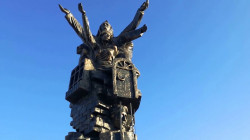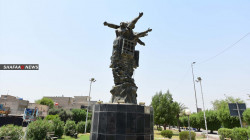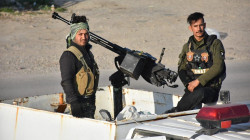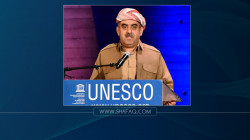Iraq marks Feyli Martyrs Day
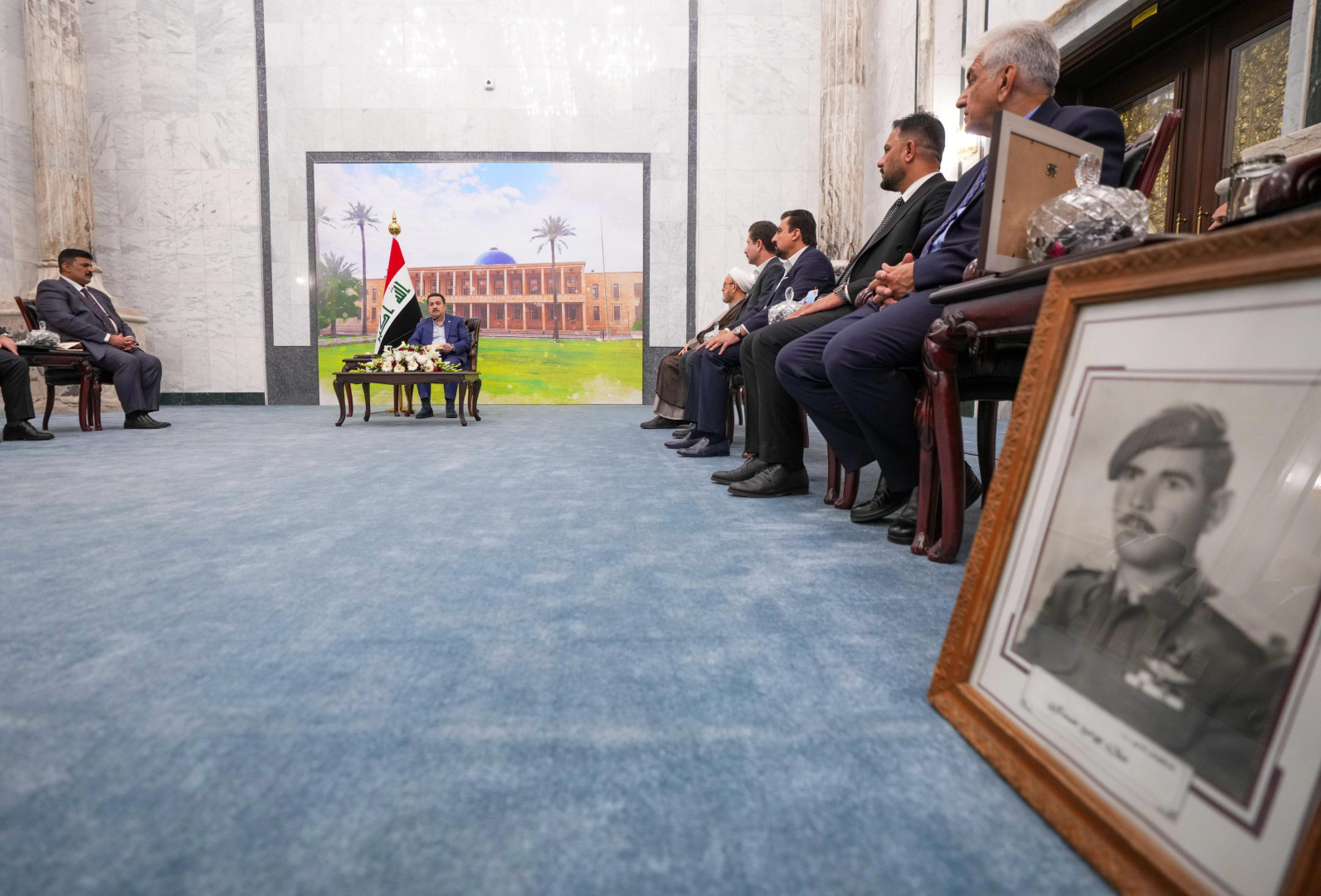
Shafaq News/ On Wednesday, Iraqi Prime Minister Mohammed Shia al-Sudani met with families of Feyli Kurdish victims on the occasion of Iraqi Feyli Martyrs Day.
The event, held annually on April 2, coincided this year with Eid al-Fitr. Al-Sudani described the day as a "reminder" of the crimes committed under the former regime, including the systematic displacement and disappearance of Feyli Kurds. Many victims, he said, were subjected to forced relocation, imprisonment, and unconfirmed reports of biological experimentation, with numerous individuals buried in mass graves.
The Prime Minister stated that prosecutions of former regime officials remain ongoing, noting that several former members of the General Security Directorate have recently been detained.
He also highlighted a series of government measures aimed at redress and community support:
- April 2 has been officially designated as Iraqi Feyli Martyrs Day following a recommendation by the Prime Minister’s advisor for Feyli affairs.
- A cemetery for Feyli victims is planned on a designated site.
- A liaison officer has been assigned to coordinate with the Ministry of Interior on issues related to citizenship documentation, record correction, and the implementation of Diwani Order No. 33 of 2019.
- Judicial authorities are coordinating with the government to support legal action brought by families of victims.
- A committee has been formed to establish criteria for distributing housing units in the Zurbatiyah Housing Complex to eligible members of the community.
- The governors of Diyala and Wasit have been directed to restore historic Feyli neighborhoods and allocate employment opportunities to community members.
Al-Sudani said that relevant authorities have been instructed to continue enforcing laws that aim to redress past violations and restore rights, with a focus on preserving documentation of the events. He noted that efforts are ongoing to remove administrative obstacles affecting implementation.
The Prime Minister said the government views these measures as part of its broader responsibility to all Iraqi communities affected by past violence anddisplacement.


